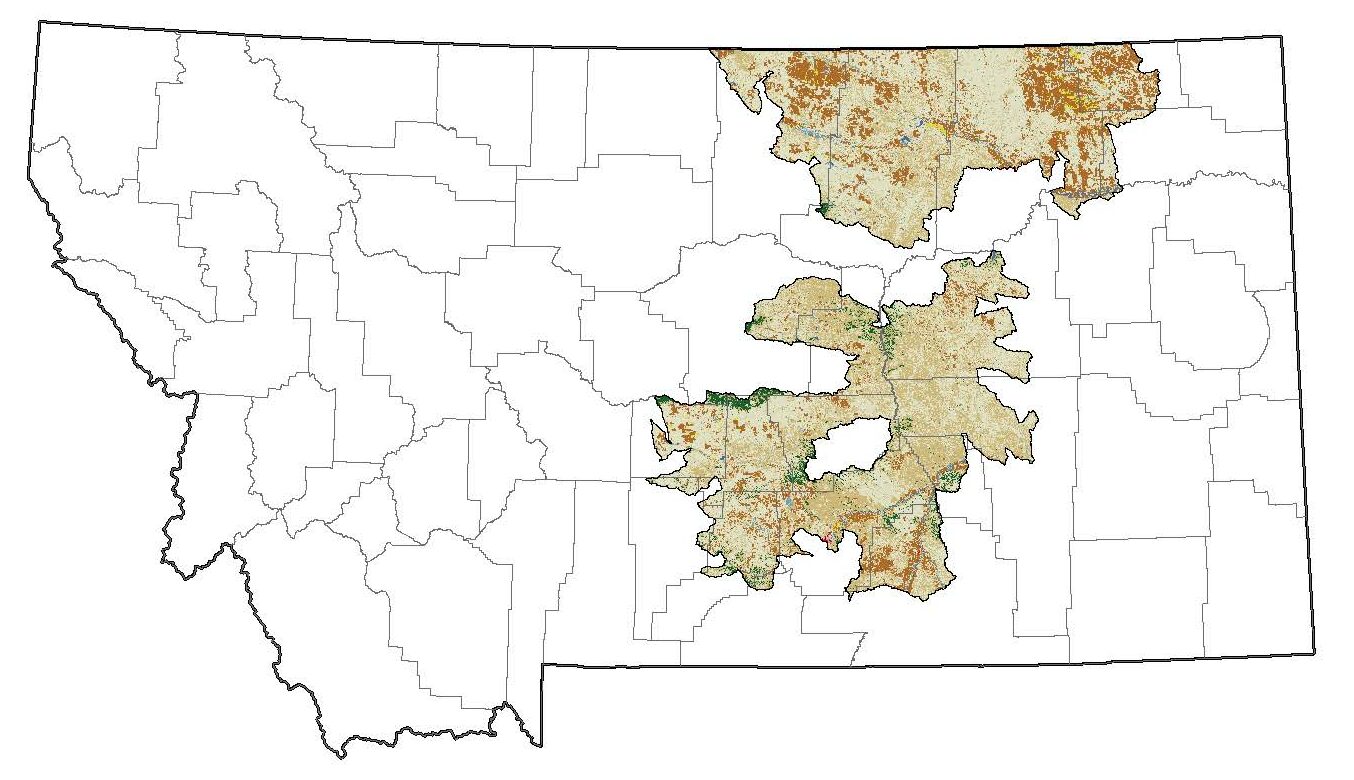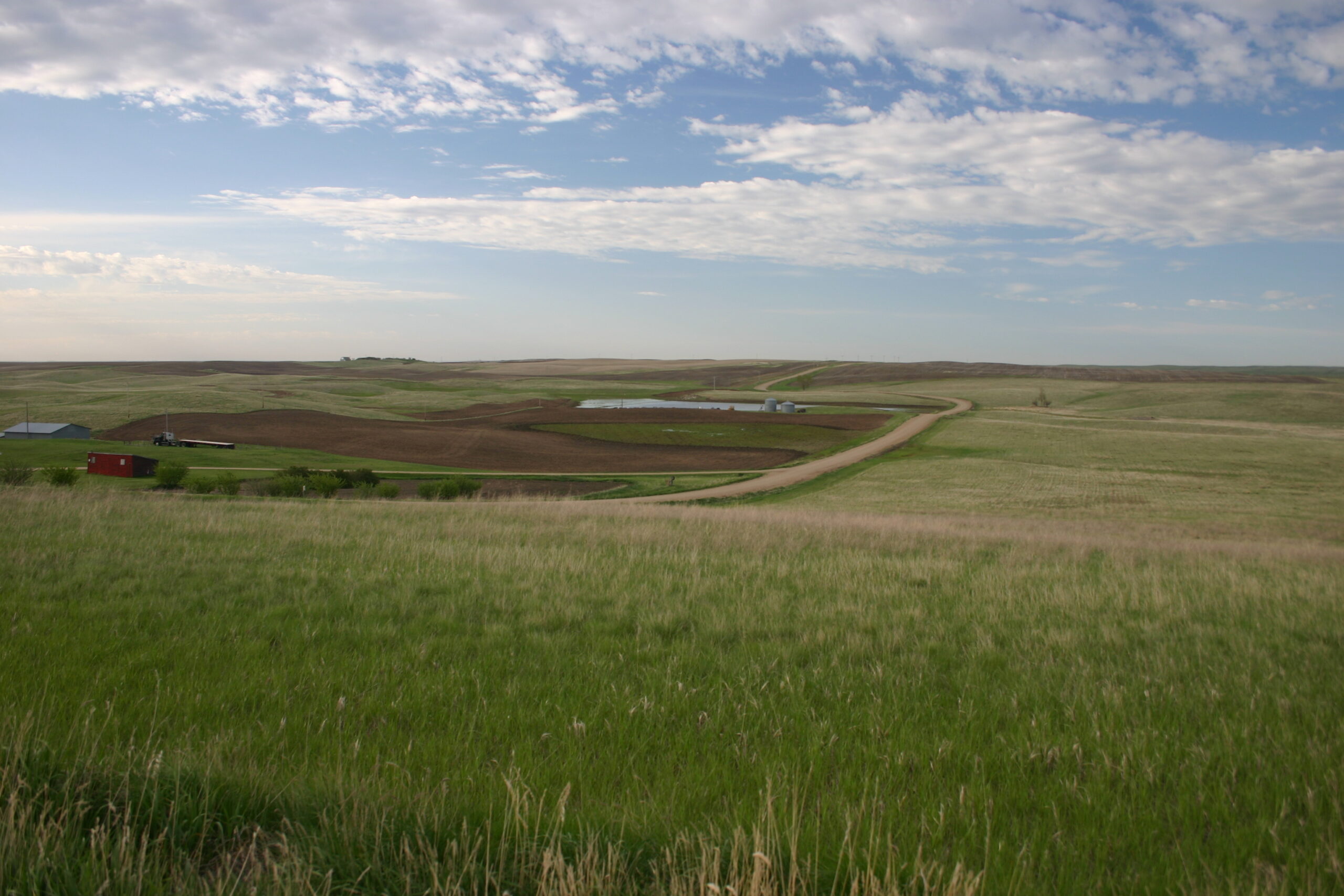The State Acres for Wildlife Enhancement (SAFE) Initiative restores vital habitat to meet high-priority state wildlife conservation goals by enabling producers to establish grasses, forbs, and shrubs that benefit wildlife. SAFE practices must be used to address wildlife habitat that can be enhanced through the restoration of eligible cropland through the Conservation Reserve Program (CRP). SAFE operates under a continuous signup period and offers can be placed at any time. If you are re-enrolling your CRP acreage that will expire in September 2022, signup will begin on April 1st and will be open through the summer.
The Montana Declining Grassland Bird SAFE seeks to restore and enhance breeding habitat for declining songbirds including Sprague’s pipit, chestnut-collared longspur, Baird’s sparrow, and thick-billed longspur. The project area covers 16 million acres in eastern Montana, which is unequivocally the most important, intact breeding habitat for grassland birds in the nation. Local enrollment in Montana Declining Grassland Birds SAFE has continental significance and big returns for migratory birds and other native wildlife.
This program targets producers with plowed lands who want to restore grass forage for grazing operations. Eligible acres must have been cropped four out of six years from 2012 to 2017 and meet breeding season habitat requirements of the target species. Enrolled acres must be planted with native grass, forb, and shrubs, protect new seeding from grazing for 2-3 years, not be hayed for the life of the contract, and be seeded within the first year. Alfalfa and yellow sweet clover are not allowed in seed mixes. Required management activities include high intensity, short-term grazing every 2-3 years or prescribed burning once per contract.
Landowners enrolled in CRP SAFE will receive 10-15 years of annual rental payments, several incentive payments, and up to 50% cost-share for practice establishment (e.g., fencing, water infrastructure). Additional cost-share assistance for native grass, forb, and shrub seedings or for infrastructure required to facilitate grazing may be available from SAFE partners. On top of that, landowners can still graze their lands after plantings have established following USDA specifications every 2-3 years without an annual payment reduction.
The Montana Declining Grassland Birds SAFE project is a cooperative effort between the USDA Farm Service Agency, USDA Natural Resources Conservation Service, Montana Fish Wildlife and Parks, Northern Great Plains Joint Venture, Prairie Pothole Joint Venture, USFWS Partners for Fish and Wildlife, World Wildlife Fund, Pheasants Forever, Ducks Unlimited, The Nature Conservancy, and private landowners.
Now is the time to contact your local Farm Service Agency office to learn more about this program!


